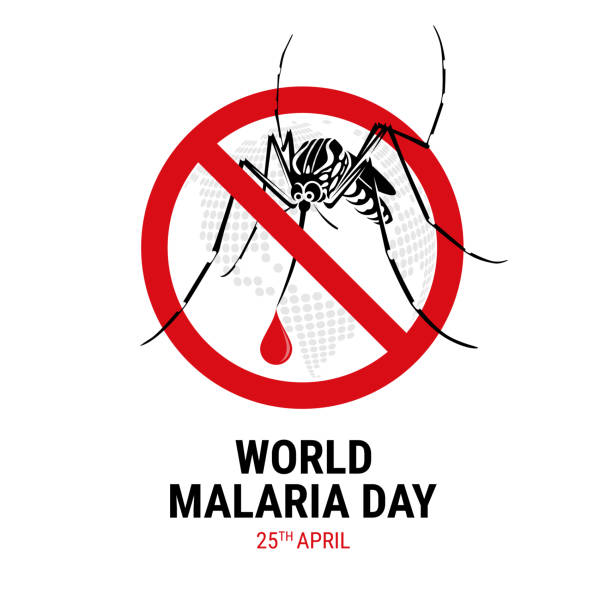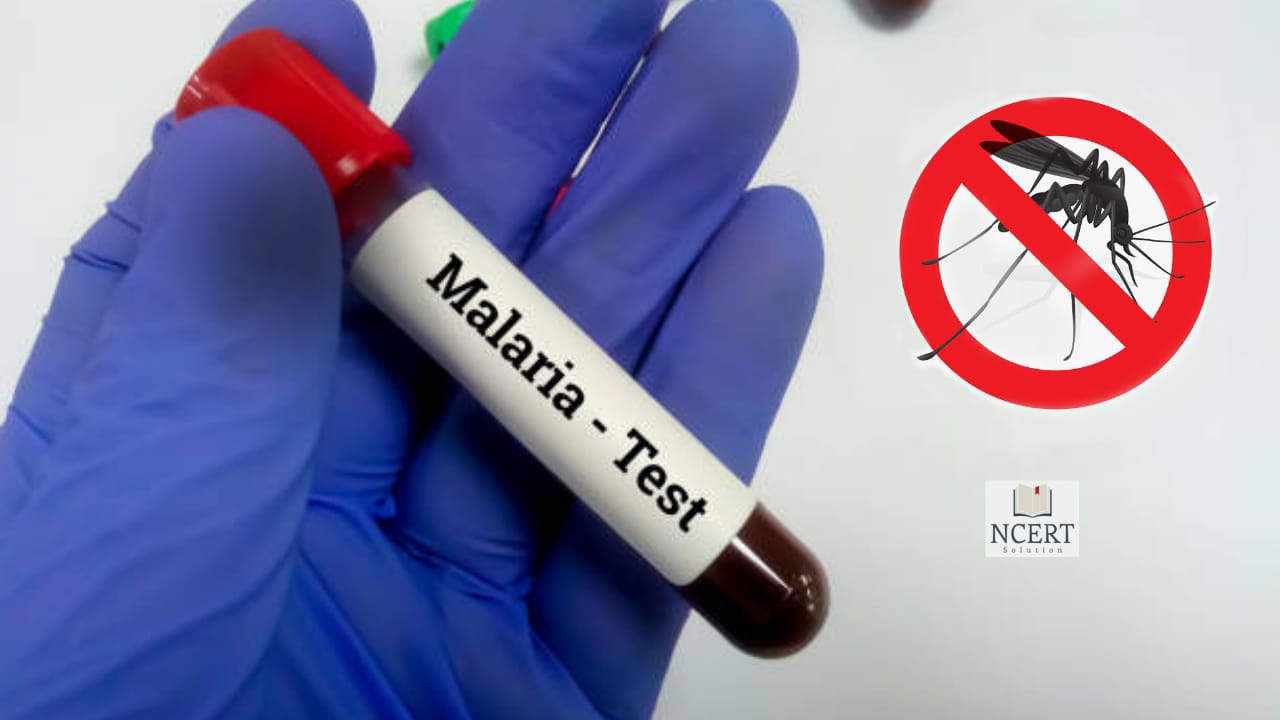Malaria Test: In most people, Malaria symptoms begin to appear between 10 days and 4 weeks but they can start feeling ill either within seven days. Sometimes it is difficult to prescribe an effective medicine to the patient without a confirmation of the disease. For that reason, a malaria test is important to discover the disease.
In the malaria test, a microscope is used to look for malaria parasites in a sample of your blood.
These parasites are mainly transmitted by the bite of an infected female mosquito, called the Anopheles mosquito.
When an infected female mosquito bites a person, the parasite multiplies in that person’s liver before infecting or destroying that person’s red blood cells.
Patients with malaria usually become very ill with high fever, chills, and flu-like symptoms.
What is Malaria Test?
Malaria is suspected based on the patient’s syndrome and physical examination findings. However, to make a definitive test, laboratory tests must show malaria parasites or their components.
The surest way for you and your doctor to know if you have malaria is through a diagnostic test. In this test, a microscope is used to look for malaria parasites in a sample of your blood.
Appropriate treatment is essential to reduce the associated diseases and mortality. For this, it is important to conduct early and accurate malaria testing.
The cheapest, preferred, and most reliable test for malaria is the examination of the blood under a microscope. Because each of the four major parasitic species has different characteristics.
Two types of blood films are traditionally used for testing:
1. Thin films – The thin film is similar to the common blood film and helps to identify the species, as it is best protected from the presence of parasites.
2. Thick films – In this, a larger amount of blood sample is tested than the thin film and it is more sensitive than the thin blood film. The thick film is, therefore, easier to detect at low levels of infection, but the form of the parasites is significantly distorted (impaired), making it difficult to differentiate between different species.

The number of parasites in the blood fluctuates from time to time. So if they are not found during initial smears and doctors still think the patient is infected with malaria, more blood may be needed to do the test.
Another quick test available is the Antigen-Based Rapid Diagnostic Test (RDT). This is a diagnostic test, which is done only for a specific type of Plasmodium parasite.
The result of this test comes in just 15 minutes and there is no need to wait in any lab or long time to do it.
If the test is not clear by a peripheral blood smear test, your doctor may order one of the following tests:
- Quantitative Buffy Coat Test (QBC)
- Indirect Fluorescent Antibody Test (IFAT)
- Enzyme-linked immunosorbent assay (ELISA)
- polymerase chain reaction (PCR)
What is the purpose of this Test
The purposes of conducting a malaria diagnostic test may be to:
- definitively establish the presence or absence of infection,
- determine the species of the malaria parasite,
- determine the degree of parasitemia (the amount or percentage of infected red blood cells per microliter of blood parasites),
- detect low levels of parasitemia (detecting the presence of malarial parasites even if they are present in small amounts in the blood),
- monitor response to antimalarial therapy,
- detect resurrection or collapse.
Before Malaria Test
The test done to check for malaria requires only a few drops of the blood sample. No special precautions are required before this test.
If you are taking any kind of medicine, supplement or herbal product, then tell the doctor about all of them before the test.
Before the test, you can eat and drink anything as usual. Before the test, the doctor may give you some instructions.
During Malaria Test
- During this test, the middle or index finger of your left hand is first cleaned with a spirit swab. The site of bleeding is chosen slightly away from the nail.
- With a mild stroke, a needle is inserted into your finger
- After that blood starts coming out from the finger.
- If you do not see blood coming out, the finger is pressed lightly.
- The drop of blood is placed directly on a glass slide or rapid card test kit, depending on the type of test.
After Malaria Test
You feel a sharp pain during the procedure. It happens only for a moment, then it subsides, which lasts for some time.
After the sample is taken, you will be given a piece of cotton wool to place over the bleeding hole. Wash your hands thoroughly before and after the test to avoid contamination.
What are the risks of this Test
The risks associated with a malaria test can be:
- In some cases, bleeding inside the skin causes the skin to turn blue or purple in color (hematoma).
- A scar may also remain for a few weeks after the test.
- The risks of infection are generally low, but not impossible.
What do malaria test results mean?
The number of parasites present in the blood fluctuates at a given point in time.
So even if no parasites are visible during the primary smear test, the doctor doing the test may suspect you have malaria, which may require further blood samples for other tests.
Samples can be collected at intervals of 8 to 12 hours over the course of 2 to 3 days to increase the chances of parasite detection.
If the sample collected matches the present signs and symptoms, this can be beneficial because this is the time when most parasites are likely to be found in the blood. You can confirm malaria with the below test results –
- Thick and thin blood smears: The presence of malaria parasites directly means that many RBCs are infected in a single spot or drop.
- Rapid diagnostic test (antigen testing): A change in the color of the test strip indicates the presence of infection.
- Molecular Test: A positive PCR result indicates that parasites are present in the blood.
- Antibody test (serology): A positive result of an antibody test indicates that your body has an active response to malaria infection.
- Susceptibility testing: If the PCR test shows the development of parasites, it indicates sensitivity to the drugs.
When to get Malaria Test done
If you are showing clinical signs of malaria, your doctor may order a malaria test. Symptoms begin to appear in malaria patients a few weeks after infection.
Malaria symptoms include:
- Headache (It is seen in almost all the patients of malaria.)
- Cough
- Fatigue
- ill feeling
- shivering with cold
- Joint Pain
- muscle pain
Malaria test price
Malaria test price in India depends on the city, test quality, and availability which may cost you Rs. 250 to 800 rupees.
The malaria test is also done with the help of the Malaria Test kit (MP kit). The price of a malaria test kit is Rs. 250 INR.
Frequently asked question
Can CBC detect Malaria?
No CBC test can not directly detect Malaria. However, the CBC can give an idea about the poor health of the patient which can later encourage your doctor to instruct his patient to have Malaria or any other screening test.
There is a separate test named MP Test for detecting malaria. For your information, the CBC refers to the Complete Blood count Test.
How do you confirm Malaria?
You can confirm Malaria by undergoing the above-cited blood tests and a test name MP test.
What are the main causes of Malaria?
The main cause of Malaria is Mosquito (female mosquito called the Anopheles mosquito) bites.
What is the Malaria antigen test price?
The malaria antigen test is one of the effective Health screening procedures. The cost of a malaria test or Malaria antigen test may vary from city to city.
Generally, the Malaria test price in India depending on the city, test quality, and availability varies from Rs. 450 to 690 rupees.
Can anyone tell me the Malaria test name?
MP Test often refers to as the malaria test. However, there are various other malaria tests, the name of which is – Quantitative Buffy Coat Test (QBC), Indirect Fluorescent Antibody Test (IFAT), Enzyme-linked immunosorbent assay (ELISA), polymerase chain reaction (PCR) etc.




